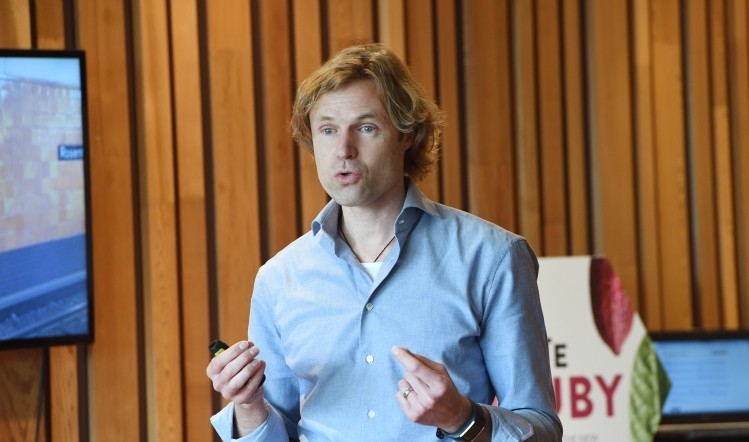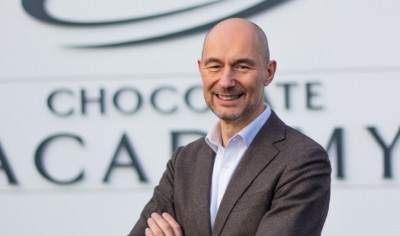Building consumer trust key for Barry Callebaut

Speaking at a special innovation day at the manufacturer’s Wiese factory, vice president of global marketing Bas Smit stressed the importance of understanding what the end user wants from their food and drink experience.
“We gave ourselves the challenge; we want to know as much about the consumer as our customers and even more. That might sound weird for a B2B company, but B2B from that perspective doesn’t exist – it’s just one human being, that’s the consumer and that’s the one we want to please,” said Smit.
Instant satisfaction
To do this, producers need to create trust with consumers and provide the level of instant satisfaction that is demanded of them. In Smit’s words, it’s about becoming the consumer’s “best friend”.
“That’s what brands struggle with massively and that’s the reason why the bigger companies buy a lot of small brands and they invent startups,” he continued. “In the eyes of the consumer, its needs to be good for me, the planet and I need to trust you. If you don’t tick all these boxes, you’re not my best friend forever.”
The key word for building trust is transparency, but simply listing a product’s ingredients on the front of the packet isn’t what the impatient shopper is looking for. However, using simple adjectives like baked to a product’s name can convey a response or feeling from a consumer, while still providing the transparency of its production.
Avoid ‘lite’
Producers should be wary of using descriptors like ‘lite’ on their products, Smit warned. While the term baked invokes thoughts of healthier products, the ‘lite’ moniker often creates images of the product containing less, or even having an inferior taste.
High on the list of trends shoppers look for is a manufacturer’s approach to sustainability. This is particularly true for millennials, people born between the mid-1980s to the early 2000s, that advocate the idea of no planet B – once all the resources in this world are used up, there will be nothing left to fall back on.
“If you as a brand just think of corporate and social responsibility as something that’s only important to an investor, you won’t be around in ten years’ time,” Smit concluded. “Consumers will simply put you apart from their trusted brands. You don’t share their values then you aren’t part of their world.”


















